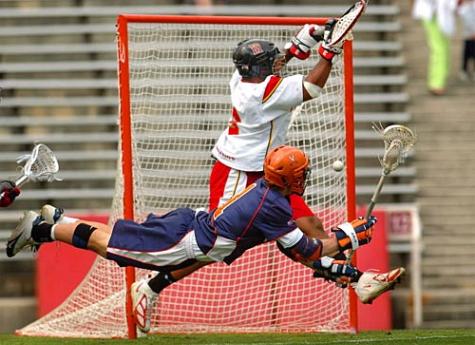Spanking bad for the brain: A study involving hundreds of children ages 2 to 9 showed the more a child was spanked the lower his or her IQ score compared with others their age four years after the initial intelligence test. Since kids were followed over time, researchers could rule out the possibility that those with less brainpower cause more trouble and thus elicit more spanking. The researchers suggest various potential causes of the link, including the idea that spanking is a traumatic experience that can adversely affect the noggin. Another idea: By using hitting rather than words or other means of discipline, parents could be depriving kids of learning opportunities.
I picked this topic because the same as many children i was spanked when i was told not to do something and i did anyways, and it got me to stop doing it.
I feel that depending on the situation, spanking may be necessary. Some children simply just don't listen when you tell them to stop doing something.
I think this article was chosen as one of the top controversial articles of 2009 because a lot of parents use spanking as a means of keeping their children from doing the wrong things.
Sounds scare wimps: Labeling people as a scaredy cat or wimp is likely to draw a reaction. And so it was no surprise our readers showed interest in a study finding that scrawny people perceive approaching sounds to be closer than do strong people. The researchers speculate this inclination may have evolved to help the weaker of our ancestors to escape from approaching danger. Even now, wimps might benefit from having a greater safety margin of potential hazards on the way.
I picked this topic because i found it interesting that just because someone is more muscular they don't think sounds are as close as they actually are.
The study makes sense since scrawny people usually get scared easier, they would hear the sound as closer than it actually is. Although i feel it is accurate, i could easily prove it wrong because i have very good hearing and can very accurately estimate distance.
Like it is stated in the article, they added this article due to the readers amazing interest.
How the government spends "our money": Science and politics exchanged blows early this year, after President Obama's speech on the economy in which he noted a sum of $140 million for various projects, including volcano monitoring. Louisiana Governor Bobby Jindal criticized the spending as wasteful saying, "Instead of monitoring volcanoes, what Congress should be monitoring is the eruption of spending in Washington, D.C.," according to news reports.Scientists responded with the facts on volcano monitoring. For instance, understanding how volcanoes blow their tops and the warning signs could help to save lives, as natural disasters are just that. "This is a hazard we can do something about," said John Eichelberger, program coordinator for the USGS's Volcano Hazards Program. "We can spend a modest amount of money and prevent a tragedy."
I picked this topic because I am interested in where MY tax dollars are going.
I think that the governments excuse for where the money is going is bogus and erroneous. Volcanoes are not a big enough problem to need their own like department, ill agree they are a problem, but not big enough to where we should be spending a chunk of $140 million on it.
I think this article was chosen because everyone wants to know where their tax $ is going.
Dinosaurs succumbed to toxic algae: Scientists have yet to pin down with certainty what wiped out the dinosaurs some 65 million years ago, though there are some leading theories, including the most widely accepted one involving an asteroid impact. So when a scientist puts forth a novel and less-than well-established idea, there's bound to be some controversy. This year, Clemson University researchers suggested that toxin-producing algae not only killed off the dinosaurs but also had a hand in four other mass extinctions. Other scientists weren't convinced, saying evidence was at best lacking and that to point the finger at just one culprit for one mass extinction, let alone five, was nonsensical.
I picked this topic because i found it interesting that the theory we have believed for our whole life someone is trying to change.
No matter what evidence is presented to me (unless it is overly powerful) will change my mind about how i think the dinosaurs were killed, and I am pretty sure everyone else will agree with me.
I think this article was chosen as one of the top controversial articles of 2009 because many people are interested in the theory of how the dinosaurs died.
Monday, January 25, 2010
Subscribe to:
Post Comments (Atom)

No comments:
Post a Comment